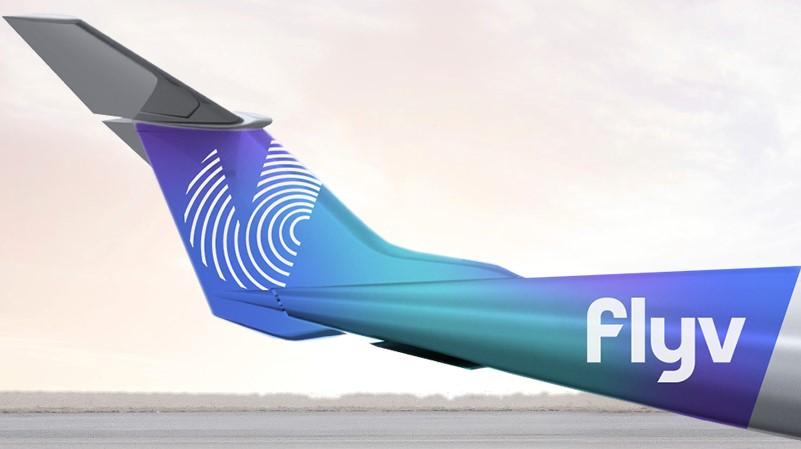
Start-up airline flyv is hoping to provide connectivity to underserved airports with its “revolutionary” new business model.
The airline, which is aiming to launch in Europe in 2023, plans to offer on-demand service between poorly connected markets with a heavy focus on business travelers.
“Our business model is not to come to an airport and bring the airport as many passengers as possible, but provide airports with connectivity to as many other decentralized regional locations as possible,” flyv CEO Anton Lutz told Routes.
The airline will provide travelers with a three-hour timeframe at the point of booking, using algorithms to calculate fleet availability and a “best cost.” Passengers will receive their exact itinerary details three days before departure.
Lutz admits the model will not be attractive to many customers in well-connected markets, but he reckons it will thrive in those where there is “no practical alternative.”
“We are aware this is a product that is absolutely not competitive in a market like Munich to London or Munich to Frankfurt, because Lufthansa or British Airways offer a much better product,” Lutz said.
“Our product makes sense and is competitive if this three-hour timeframe is significantly faster than the next best alternative.”
The airline will create vital connectivity in markets and for airports where the potential demand for point-to-point service is “thin and volatile.”
“We will really add value where you cannot set up a scheduled service, but where you need a model that can react in a very agile way to a high-volatility level of demand,” Lutz said.
The irregular scheduling means that considerations such as slot availability and regulations will be a challenge, one which flyv is “still evaluating” before launch. However, focusing on smaller airports with little connectivity will help to overcome these obstacles, Lutz said.
While flyv’s model will benefit from a greater volume and traffic to support a larger fleet that will bring economies of scale to its on-demand service, Lutz said the airline is expecting “relatively slow growth” at the outset.
“Our plan is to start in a small, isolated environment with a small set of airports,” he said. “It's not so important in the first years that we make big profits.
“The most important thing is actually to make a lot of mistakes, because we really need a deep understanding of how consumers react in different ways to how we put this product into the market.”
Photo credit: flyv
